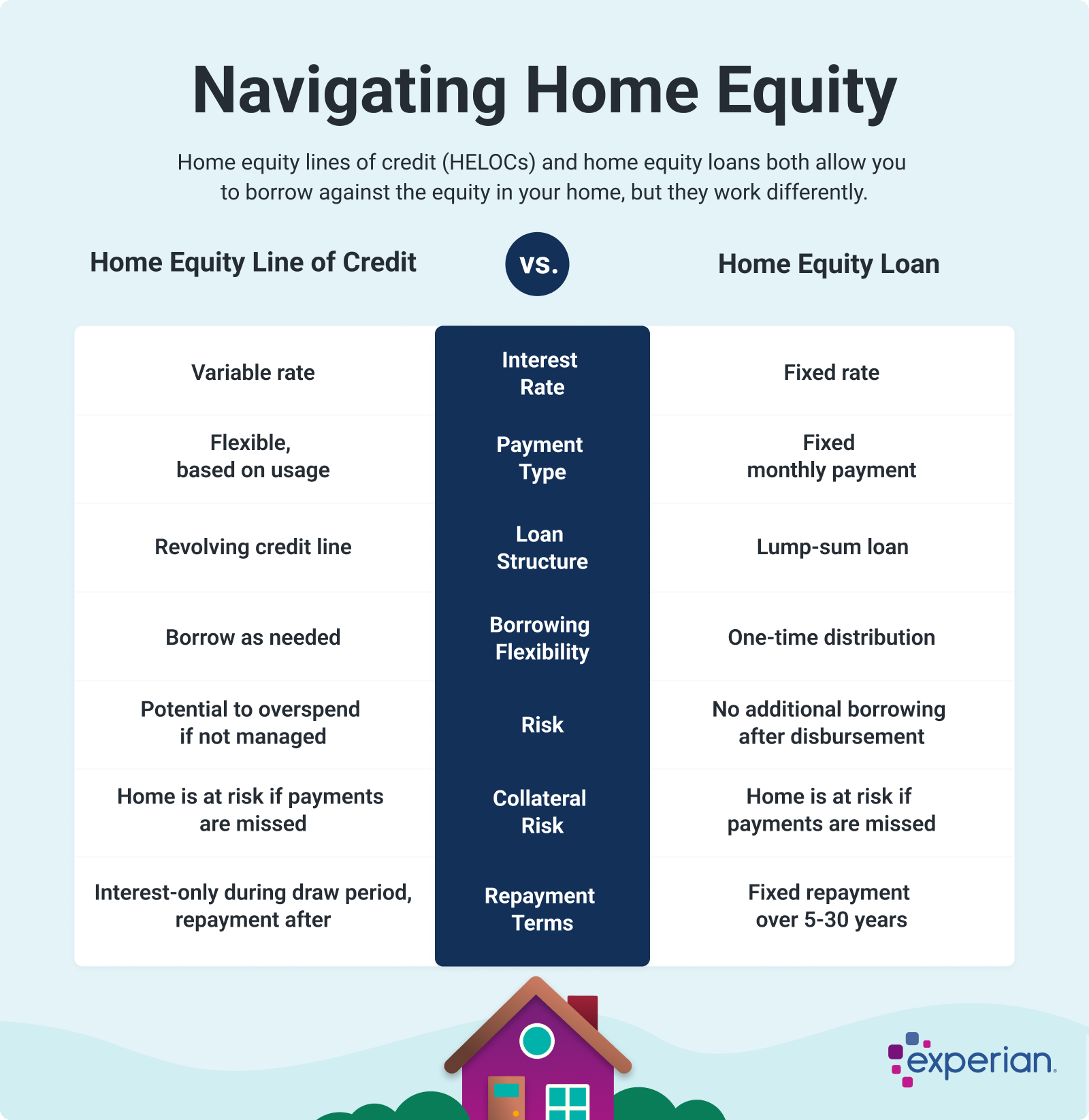What to Review Before Taking Out Equity Release Mortgages
What to Review Before Taking Out Equity Release Mortgages
Blog Article
Exploring the Different Sorts Of Equity Release Mortgages Available Today
Equity Release home mortgages existing different options for house owners aged 55 and over. equity release mortgages. These economic items cater to various requirements and preferences, allowing people to gain access to funds from their building. From life time home mortgages to common gratitude mortgages, each kind uses distinctive benefits. Comprehending these choices is vital for making educated decisions. What factors should one take into consideration when picking one of the most appropriate equity Release plan? The information that follow may drop light on this essential subject
Comprehending Equity Release Mortgages
Equity Release home mortgages supply homeowners, usually those aged 55 and over, with a means to access the worth bound in their property without needing to sell it. This economic option enables people to convert a part of their home equity right into cash, which can be made use of for various objectives, such as home enhancements, repaying debts, or financing retirement.Equity Release can take various kinds, but it essentially includes loaning versus the value of the home while maintaining possession. Property owners can choose to get a swelling amount or a series of smaller settlements, depending upon their monetary demands and preferences.Additionally, the quantity available for Release is influenced by the property's value, the house owner's age, and details lender standards. Overall, understanding equity Release home loans is necessary for house owners to make educated choices regarding touching into their home's equity while taking into consideration the long-term implications.
Lifetime Mortgages
Lifetime home loans stand for among one of the most preferred kinds of equity Release. This economic product allows homeowners, normally aged 55 or older, to borrow versus the value of their building while preserving possession. The loan, which is secured against the home, accrues interest over time yet does not require monthly settlements. Rather, the finance and accumulated rate of interest are paid off when the house owner passes away or moves right into lasting care.Lifetime home mortgages provide flexibility, as borrowers can pick to get a round figure or decide for a drawdown facility, accessing funds as needed. Significantly, numerous strategies included a no-negative-equity guarantee, making certain that customers will never ever owe even more than the value of their home. This attribute gives assurance, enabling individuals to appreciate their retirement without the anxiety of diminishing their estate. Generally, lifetime home mortgages serve as a practical option for those looking for financial backing in later life.
Home Reversion Program

Drawdown Life Time Mortgages
While several property owners look for means to access their wide range, drawdown life time mortgages present an adaptable choice that enables individuals to Release funds slowly. This kind of equity Release mortgage makes it possible for property owners to obtain versus the worth of their building while retaining possession. Unlike traditional lifetime home loans, drawdown strategies enable debtors to access a section of their equity upfront and take out added funds as required, up to an established limit.This function can be especially helpful for those that desire to handle their funds carefully, as it reduces interest accumulation by only charging passion on the amounts attracted. In addition, drawdown life time home loans usually come with a "no negative equity warranty," making certain that consumers will never owe greater than their home's value. This option suits senior citizens that prefer monetary safety and versatility, allowing them to meet unforeseen expenses or keep their way of living without having to sell their building.
Boosted Life Time Mortgages
Enhanced Life time Mortgages supply distinct benefits for qualified house owners seeking to Release equity from their buildings. Understanding the eligibility standards is necessary, as it identifies that can gain from these specialized finances. Nevertheless, it is also crucial to assess the potential downsides related to boosted choices, making certain an all-around perspective on their usage.
Qualification Criteria Described
Recognizing the qualification standards for Enhanced Life time Mortgages is vital for possible candidates seeking to access the equity in their homes. Normally, candidates should be aged 55 or older, as this age requirement is common in the equity my link Release market. House owners should possess a residential property valued at a minimal threshold, which can differ by lender. Significantly, the residential or commercial property needs to be their key home and in good problem. Lenders typically evaluate the house owner's wellness condition, as particular wellness conditions might improve qualification and benefits. In addition, applicants must not have existing substantial debts secured against the building. Meeting these requirements enables people to explore Improved Life time Mortgages as a practical alternative for accessing funds locked up in their homes.
Advantages of Boosted Mortgages
After clarifying the qualification standards, it becomes apparent that Boosted Lifetime Home loans offer a number of considerable advantages for house owners looking to take advantage of their residential or commercial property equity. Mostly, they offer accessibility to a bigger car loan amount compared to basic lifetime home loans, profiting those with health and wellness conditions or age-related elements that raise their life expectations risk. This boosted borrowing capability allows property owners to meet various monetary requirements, such as home enhancements or retirement expenses. Furthermore, these home mortgages typically come with flexible repayment alternatives, making it possible for borrowers to manage their financial resources a lot more properly. The no-negative-equity warranty additionally ensures that homeowners will never ever owe even more than their property's worth, giving comfort. Overall, Boosted Life time Home mortgages offer an engaging alternative for qualified home owners looking for financial solutions.
Prospective Disadvantages Thought About
While Boosted Life time Mortgages offer numerous advantages, potential downsides call for cautious consideration. One substantial issue is the influence on inheritance; the equity released decreases the value of the estate delegated recipients. Furthermore, these home mortgages can accrue significant interest gradually, resulting in a considerable financial debt that may exceed the original lending amount. There might also be limitations on building modifications or rental, limiting home owners' flexibility. In addition, enhanced products frequently need details health conditions, suggesting not all property owners will certainly certify. Taking care of the charges and costs connected with these mortgages can be intricate, potentially leading to unanticipated prices. Because of this, individuals should extensively assess their situation and seek advice from monetary advisors before continuing.
Shared Appreciation Home Mortgages
Shared Gratitude Home loans represent an unique monetary plan that allows homeowners to helpful resources access equity while sharing future residential or commercial property value increases with the lending institution. This technique provides possible benefits such as reduced month-to-month repayments, but it likewise comes with downsides that need to be thoroughly taken into consideration. Understanding the qualification demands is vital for those interested in this alternative.
Principle Review
Equity Release home mortgages, particularly in the kind of common recognition mortgages, use property owners an one-of-a-kind monetary solution that allows them to gain access to funds by leveraging the worth of their residential property. In this plan, a lender provides a funding to the home owner, which is usually paid off through a share of the property's future gratitude in worth. This indicates that when the homeowner markets the home or passes away, the lender receives a percentage of the boosted value, instead of simply the first finance quantity. Shared appreciation home loans can be appealing for those aiming to supplement their income or finance significant costs while preserving ownership of their home. The monetary ramifications of shared gratitude should be very carefully taken into consideration by possible debtors.
Disadvantages and advantages
Although common recognition home loans can offer considerable financial benefits, they additionally include noteworthy downsides that possible customers should think about. These home loans allow property owners to accessibility equity in their homes while sharing a portion of any kind of future gratitude with the lending institution. This plan can be beneficial throughout times of rising home worths, providing considerable funds without monthly payments. However, the primary downside is the prospective loss of equity; house owners might wind up with substantially reduced inheritance for beneficiaries. In addition, the intricacy of the terms can cause misconceptions relating to payment commitments and the percent of admiration owed. For that reason, it is crucial for customers to evaluate these factors thoroughly prior to devoting to a common admiration home loan.
Qualification Needs
What standards must home owners satisfy to get a shared appreciation home loan? Mainly, prospects should go to the very least 55 years old, guaranteeing they are within the target demographic for equity Release items. In addition, the residential or commercial property must be their primary house and typically valued above a specified minimum limit, commonly around ? 100,000. Lenders likewise examine the homeowner's economic circumstances, consisting of income and superior debts, to identify they can take care of the mortgage responsibly. Significantly, the residential or commercial property must remain in excellent condition and totally free from substantial legal encumbrances. Home owners must likewise have a clear understanding of the terms, including how recognition will certainly be shown to the loan provider upon sale or transfer of the residential or commercial property, as this affects general returns.
Picking the Right Equity Release Choice

Often Asked Questions
What Age Do I Need to Be for Equity Release?
The age demand for equity Release typically begins at 55 for a lot of strategies. Some providers might provide options for those aged 60 and above, showing differing terms based on private situations and lender policies.
Will Equity Release Influence My Inheritance?
Equity Release can affect inheritance, as the quantity borrowed plus passion decreases the estate's worth. Heirs may receive much less than prepared for, depending upon the residential property's gratitude and the overall debt at the time of passing.
Can I Relocate Residence With Equity Release?
The concern of relocating residence with equity Release develops regularly. Generally, individuals can move their equity Release plan to a new building, but particular terms and problems might apply, needing examination with the loan provider for guidance.
Are There Charges Connected With Equity Release Mortgages?
Fees associated with equity Release home loans can consist of setup costs, valuation fees, and legal costs. In addition, there might be very early settlement costs, which can influence the total cost and monetary ramifications for the debtor.
Just How Does Equity Release Impact My Tax Situation?
Equity Release can affect one's tax obligation circumstance by potentially increasing gross income, as released funds are considered funding. Nevertheless, it generally does not sustain immediate tax obligation obligations, making it necessary to seek advice from a monetary expert for customized advice.
Final thought
In summary, the selection of equity Release home loans available today uses property owners aged 55 and over several paths to access their building's value - equity release mortgages. Whether selecting a lifetime home loan, home reversion strategy, or various other choices, each option presents distinct advantages tailored to individual financial demands. Careful consideration and examination with an economic advisor are crucial to ensure the selected equity Release remedy straightens with individual objectives and monetary conditions, inevitably helping with notified decision-making for a safe and secure economic future. Equity Release mortgages present different alternatives for home owners aged 55 and over. Equity Release home loans give homeowners, usually those aged 55 and over, with a way to access the value tied up in their property without needing to sell it. Enhanced Life time Home mortgages supply distinctive advantages for qualified house owners seeking to Release equity from their homes. Equity Release mortgages, particularly in the form of common recognition mortgages, offer home owners an one-of-a-kind economic option that allows them to accessibility funds by leveraging the worth of their home. In summary, the selection of equity Release mortgages readily available today uses property owners aged 55 and over multiple paths to access their home's value
Report this page